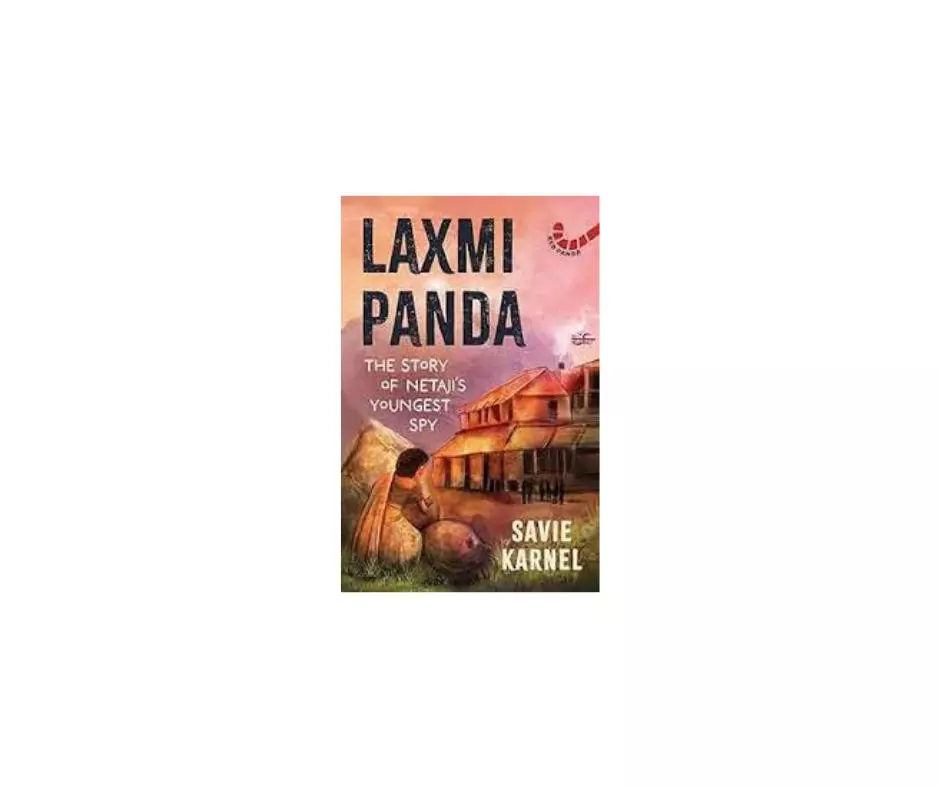Book Review | Hiding the heartbreak in Laxmi Panda’s heroic life

Laxmi Rath joined the INA as one of its youngest members at 14 years, and served as a spy alongside a host of figures whose sacrifices were remembered much better than her own. After losing her husband in the 1970s, Rath, known after marriage as Laxmi Panda, worked a range of low-paying, menial jobs. The nation she struggled to liberate failed her: She was accorded the Rashtriya Swatantrata Samman, officially recognising her contribution to Indian Independence, only in 2008. She would pass away a few days later.
In aiming to take Panda’s story to the world, Savie Karnel’s children’s book, the follow up to her best-selling The Nameless God, raises pointed questions of any critic interested in the politics of writing fairytales: what do we talk about when we talk about our heroes, and where do their stories end?
Here, Karnel weaves a fictional tale of courage and resilience around the established facts of Panda’s early life. The death of her parents, in a British airstrike in Burma, leaves a teenaged Laxmi to fend for herself and her younger brother until she finds herself in a camp run by the Azad Hind Fauj, who accepts the siblings into their ranks after much coaxing and persistence. What follows is the story of her involvement, nimbly and vividly imagined by Karnel, as part of the INA’s ‘Bahadur regiment’. There is much to savour in the latter half of this book, where Karnel ably injects intrigue and danger into what is otherwise a straightforward narrative of precocious bravery, typical of the genre. The author ends the story very early in Panda’s long life as a war hero, just as the INA plants its flag on the Indian mainland for the first time.
There are also questions of style. One gets the impression Karnel is eager to rush us to the business end of her story. The treatment of Laxmi’s life as a spy, the relief of finding community and purpose after a wretched life as an orphan in Burma, makes for moving, compelling reading. Less so the oddly stilted preamble to it, where characters come and go within the space of a chapter, seemingly only for the purpose of exposition. These sections are littered with squandered opportunities; the food and folklore of Burma are evoked promisingly but never truly established as motifs. Her brother Nakul, the beating heart of this story, appears as a cipher of an orphaned child.
Children’s writing greatly rewards the ability of an author to distil emotional truths out of moments of grown-up pathos. Karnel seems continually at odds with the tragedy of Panda’s story — striving to dig a happy ending out of the rubble of a glorious, heroic yet heartbreaking life.
Varun Andhare is a writer based in New Delhi. He teaches a course in critical writing at Ashoka University, Sonipat.
Laxmi Panda: The Story of Netaji’s Youngest Spy
Savie Karnel
Westland
pp. 224; Rs 350

